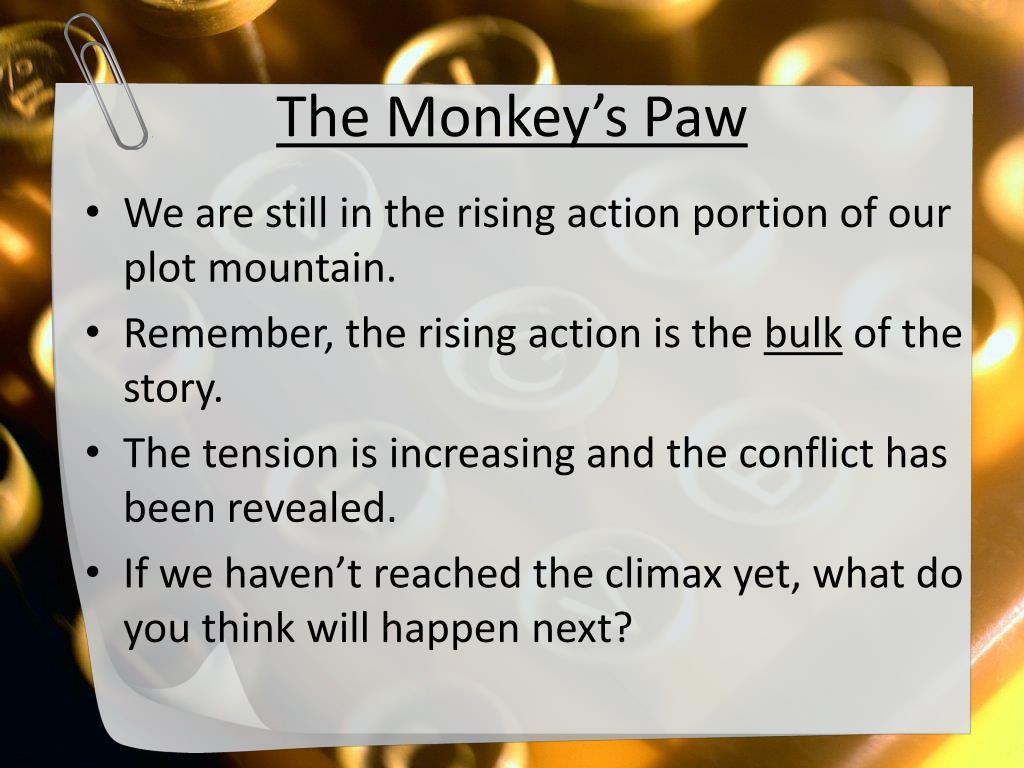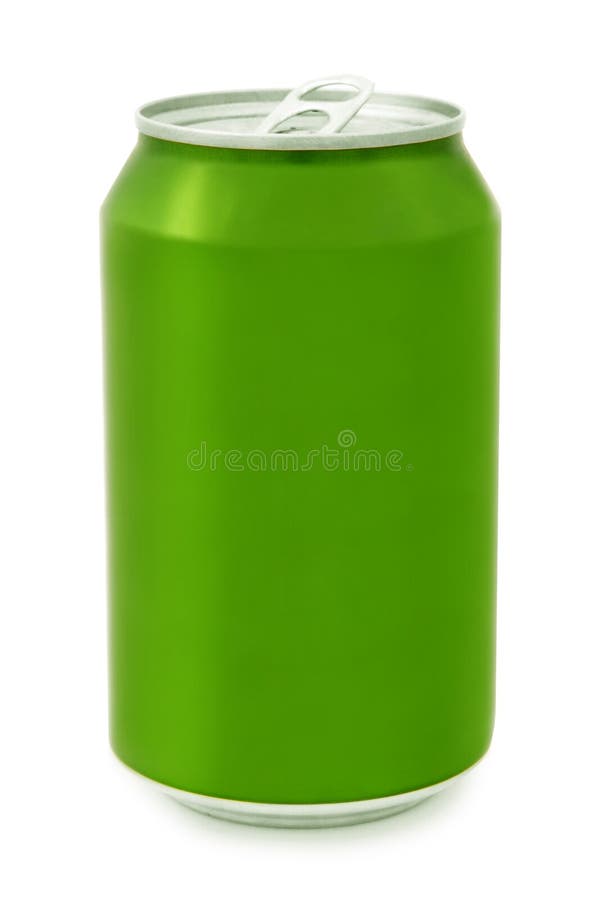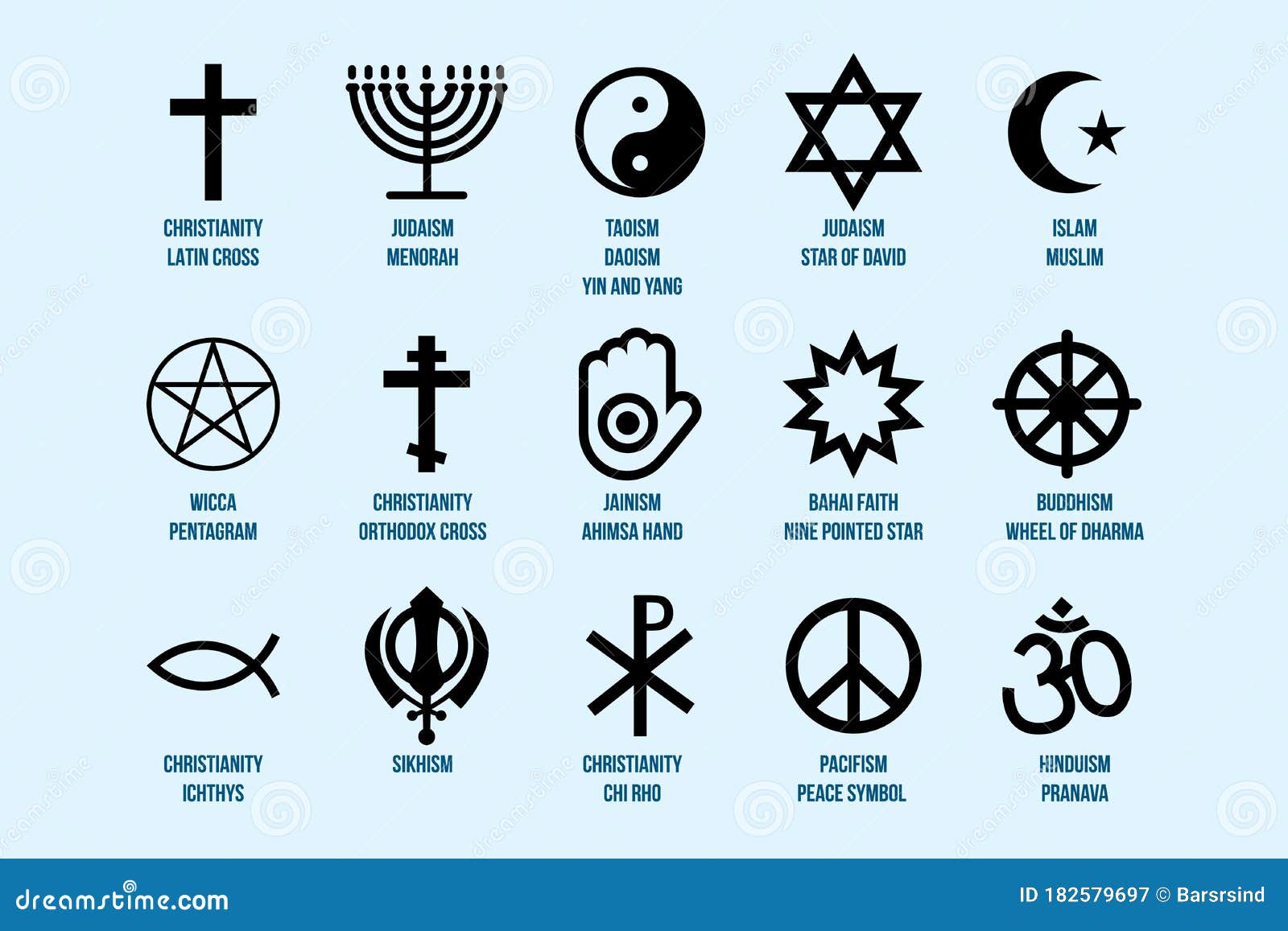Safely Reintroducing Spicy Food After Wisdom Teeth Removal: Timing, Tips, and Recovery
Understanding the Healing Process After Wisdom Teeth Removal
Wisdom teeth removal, a routine oral surgery, requires careful aftercare to ensure a smooth and complication-free recovery. One of the most common questions patients ask is when they can resume eating spicy foods after the procedure. Spicy food, while flavorful and comforting to many, can pose unique risks to the healing tissues in your mouth. Knowing when and how to reintroduce these foods is crucial for a safe recovery and to avoid setbacks like infection, irritation, or dry socket.
Why Spicy Foods Are Restricted After Wisdom Teeth Extraction
Immediately after your surgery, the extraction site is essentially an open wound. A blood clot forms in the tooth socket to protect underlying bone and nerves, serving as a critical component of the healing process. Introducing spicy foods too soon can disrupt this process in several ways:
- Irritation and Burning: Spices such as chili peppers contain capsaicin, which can cause a burning sensation and increase discomfort at the surgical site. This irritation can make the healing process more painful and slow tissue regeneration [1] .
- Increased Inflammation: Spicy foods can trigger an inflammatory response, further aggravating your healing gums and soft tissues [2] .
- Risk of Dry Socket: Eating irritating foods may increase the risk of dry socket, a painful condition that occurs when the protective blood clot is dislodged, exposing bone and nerves [3] .
- Delayed Healing: Ongoing irritation from spicy foods can prolong your recovery time, leading to extended discomfort and a higher chance of complications [5] .
When Is It Safe to Eat Spicy Food Again?
Most dental professionals recommend waiting at least 7 to 14 days before reintroducing spicy foods after wisdom teeth removal [4] . However, this timeline is not absolute and can vary based on your individual healing process. Some key factors to consider include:
- Pain and Swelling: Only consider eating spicy foods once all pain, swelling, and signs of slow healing have resolved.
- Absence of Infection: Ensure there are no signs of infection such as persistent redness, pus, or foul odor.
- Dentist’s Recommendation: Always wait for explicit clearance from your dentist. They can assess your healing and provide personalized guidance.
If you experience any pain, discomfort, or sensitivity when reintroducing spicy foods, stop immediately and revert to a bland, soft diet until healing is confirmed.
Step-by-Step Guide to Safely Reintroducing Spicy Foods
Returning to your favorite spicy dishes is possible if approached with caution. Use the following steps to reduce risk and ensure optimal healing:
- Wait for the Right Time: Do not attempt spicy foods within the first 7 days post-surgery. Most dentists advise the 7-14 day window depending on your recovery speed [4] .
- Start with Mild Spices: When you’re ready to try spicy foods again, opt for dishes with minimal spice. Avoid extremely hot sauces or chili-based meals at first.
- Monitor Your Body’s Response: Take small bites and chew away from the extraction site. If you feel a burning sensation or discomfort, stop eating and rinse your mouth gently with lukewarm water.
- Maintain Meticulous Oral Hygiene: After eating, clean the area gently with a soft toothbrush and rinse as advised by your dentist to prevent food particles from causing irritation or infection.
- Gradually Increase Spiciness: If you experience no discomfort after eating mildly spicy foods, slowly increase the spice level over several days, always monitoring for any adverse reactions.
Potential Challenges and Solutions
Even with careful planning, some challenges may arise when reintroducing spicy foods after wisdom teeth removal:
- Lingering Sensitivity: Some patients may have prolonged sensitivity at the extraction site. In these cases, delay spicy foods for another week and focus on a soft, bland diet until resolved.
- Unexpected Irritation: If irritation or pain returns after eating spicy food, discontinue immediately and consult your dental provider for advice. They may recommend rinsing with saline or a prescribed mouthwash to reduce inflammation.
- Complications Like Dry Socket: Persistent pain, bad breath, or visible bone at the extraction site are signs of dry socket. Seek prompt dental care to manage this condition and avoid further complications.
Alternative Diet Options During Recovery
While waiting to resume spicy foods, it’s important to choose foods that support healing and are gentle on your mouth. Recommended options include:
- Soft foods: Mashed potatoes, yogurt, scrambled eggs, and oatmeal are filling and easy to eat.
- Cool or lukewarm foods: These help soothe the extraction area and minimize discomfort.
- Bland options: Unseasoned soups, smoothies, and applesauce can provide nutrition without irritation.
Avoid crunchy, hard, or sticky foods, as these can dislodge the healing blood clot or get stuck in the wound.
Personalizing Your Recovery and Seeking Professional Guidance
Healing times can vary significantly between individuals. Factors such as your age, overall health, oral hygiene, and the complexity of your surgery all play a role. If you have underlying health conditions like diabetes or are taking medications that affect healing, recovery may be slower. Always consult your dentist or oral surgeon for advice tailored to your specific situation.
They may recommend scheduling a follow-up appointment to assess your healing progress and answer any questions about diet or complications. If you have concerns or experience symptoms like persistent pain, swelling, or unusual discharge, do not hesitate to contact your dental provider promptly.
How to Find Reliable Dental Guidance in Your Area
If you’re unsure when it’s safe to resume your regular diet, including spicy foods, you can:

Source: dreamstime.com
- Contact the office where your procedure was performed. Most dental practices offer post-operative instructions and are available to answer recovery questions by phone or email.
- Search for a board-certified oral surgeon or dentist in your area using the American Dental Association (ADA) directory. Visit the official American Dental Association website and use their “Find-a-Dentist” tool for reputable providers near you.
- Ask for written recovery instructions at your next dental appointment. Many clinics provide detailed pamphlets or online resources to guide your post-surgery care.
For urgent issues, such as signs of infection or severe pain, seek immediate dental care. Do not attempt to self-treat complications at home.
Summary: Key Takeaways for Safe Spicy Food Reintroduction
Returning to spicy foods after wisdom teeth removal can be a satisfying milestone, but it requires patience and vigilance. Most patients can safely resume mild spices 7 to 14 days after surgery-provided there is no pain, swelling, or evidence of slow healing. Always prioritize your comfort and follow your dentist’s specific instructions. If in doubt, err on the side of caution and wait a little longer to protect your oral health and ensure a swift, uncomplicated recovery.
References
[1] Dentistry of Old Town Scottsdale (2025). Can You Eat Spicy Food After a Tooth Extraction?
[2] Babin Dental (2025). Can I Eat Spicy Food After Tooth Extraction?

Source: dreamstime.com
[3] North Scottsdale Dentistry (2025). Can You Eat Spicy Food After a Tooth Extraction?
[4] Buford Dentist (2025). When Can You Eat Spicy Food After Wisdom Teeth Removal?
[5] Creekview Dental (2025). Can You Eat Spicy Food After a Tooth Extraction?
MORE FROM cheerdeal.com













